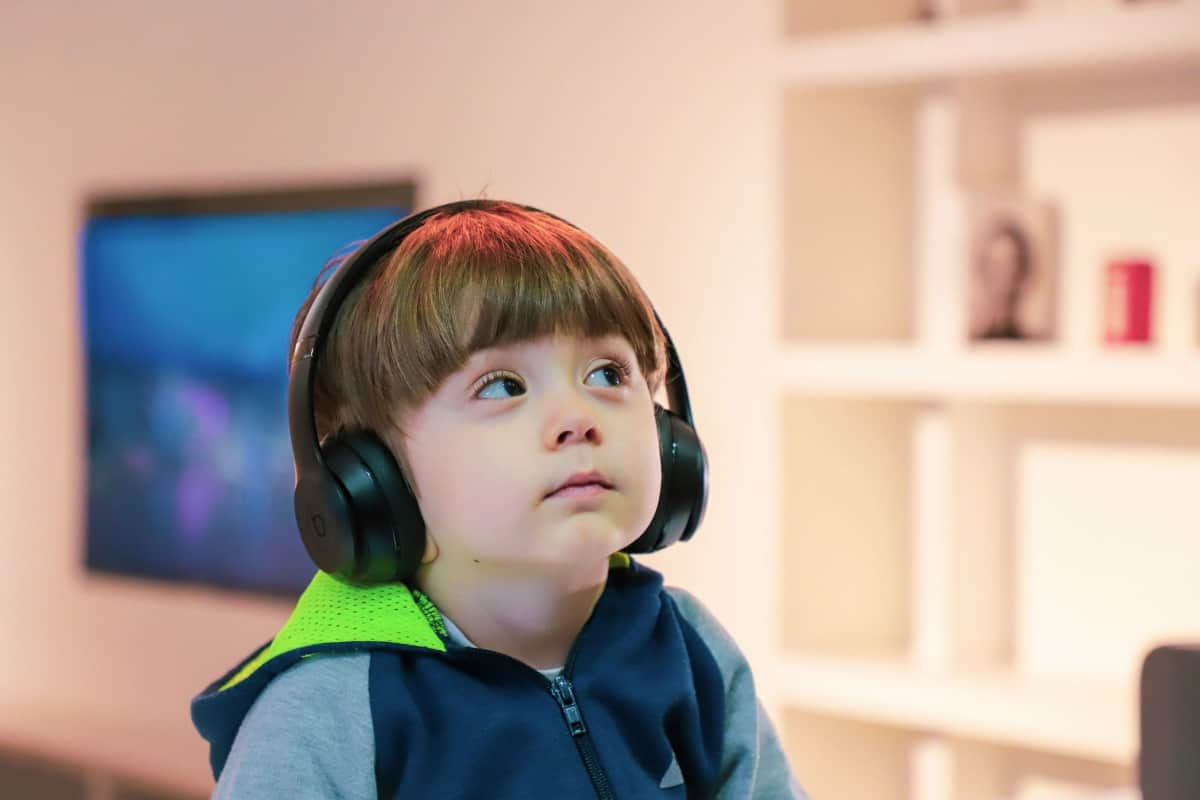Learn More About This Common Condition
According to the CDC, approximately 1 in every 44 kids today are affected by Autism. You may have heard about this condition before, but what exactly is it? In this article, we’ll discuss what autism is, the signs, and resources to cope if you or someone you love has it.
The Basics
Put simply, Autism Spectrum Disorder (ASD, or also simply known as autism) is a developmental disability that affects social and sensory skills and abilities. It is caused by differences in certain parts of the brain, and typically lasts throughout a person’s lifetime. Every case of autism is different, and individuals affected by it may show a wide range of abilities, skills, struggles, and difficulties. Some may need daily help and support in order to function, and others might be able to, with a little assistance, live relatively independent and normal lives.
People with autism don’t look any different than people without the condition; however, they can have trouble interacting with others, struggle to speak, and have difficulty understanding appropriate behaviors. They are also more likely to suffer from anxiety, depression, and ADHD. On the other hand, they may display extraordinary talent and skills in certain areas of their lives that can benefit them and the people around them for years to come.

What Are The Signs Of Autism?
The signs of autism usually appear by age 3, and in many cases they appear much sooner. Some kids may even be diagnosed by 18 months of age. If you’re concerned about autism in yourself or a loved one, it’s important to get screened by a qualified professional. It’s not uncommon for non-autistic children to show several of these signs; they will grow out of them with age. (Symptoms taken from the CDC’s website.)
Social Skills
- Avoids or does not keep eye contact
- Does not respond to name by 9 months of age
- Does not show facial expressions like happy, sad, angry, and surprised by 9 months of age
- Does not play simple interactive games like pat-a-cake by 12 months of age
- Uses few or no gestures by 12 months of age (for example, does not wave goodbye)
- Does not share interests with others by 15 months of age (for example, shows you an object that they like)
- Does not point to show you something interesting by 18 months of age
- Does not notice when others are hurt or upset by 24 months of age
- Does not notice other children and join them in play by 36 months of age
- Does not pretend to be something else, like a teacher or superhero, during play by 48 months of age
- Does not sing, dance, or act for you by 60 months of age
Repetitive Behaviors and/or Restricted Interests
- Lines up toys or other objects and gets upset when order is changed
- Repeats words or phrases over and over (called echolalia)
- Plays with toys the same way every time
- Is focused on parts of objects (for example, wheels)
- Gets upset by minor changes
- Has obsessive interests
- Must follow certain routines
- Flaps hands, rocks body, or spins self in circles
- Has unusual reactions to the way things sound, smell, taste, look, or feel
Other Signs
- Delayed language skills
- Delayed movement skills
- Delayed cognitive or learning skills
- Hyperactive, impulsive, and/or inattentive behavior
- Epilepsy or seizure disorder
- Unusual eating and sleeping habits
- Gastrointestinal issues (for example, constipation)
- Unusual mood or emotional reactions
- Anxiety, stress, or excessive worry
- Lack of fear or more fear than expected

Helpful Resources
When it comes to autism, early diagnosis is the key to helping the child grow and develop in a way that’s best for them. It also helps parents, caregivers, and teachers understand the unique needs, talents, and struggles of the autistic child in their care. Keeping up with regular pediatric appointments is often one of the best ways to catch autism early. If you’re concerned, we recommend talking with your pediatrician or another qualified professional who can screen your child.
In some cases, autism can go undiagnosed until late childhood, the teen years, or even well into adulthood. It is still vital that a diagnosis happens so that the person can get the support they need to live well and develop their unique gifts.
Remember, if you have concerns, it’s worth looking into. Don’t hesitate to get help! Below are some great resources for understanding more about autism, getting help, and connecting with communities that can offer support.
- AutismSpeaks.org is an excellent resource for more information on autism
- The CDC’s Help Center will point you in the right direction for resources related to screening, support, and education.
- Find your state or territory’s Early Intervention program here.
- The Autism Society is an excellent place for information and social support.
If you have any questions or concerns, please contact your child’s pediatrician, your doctor, or a qualified health professional. You can also call our office at (307) 631-5574.

